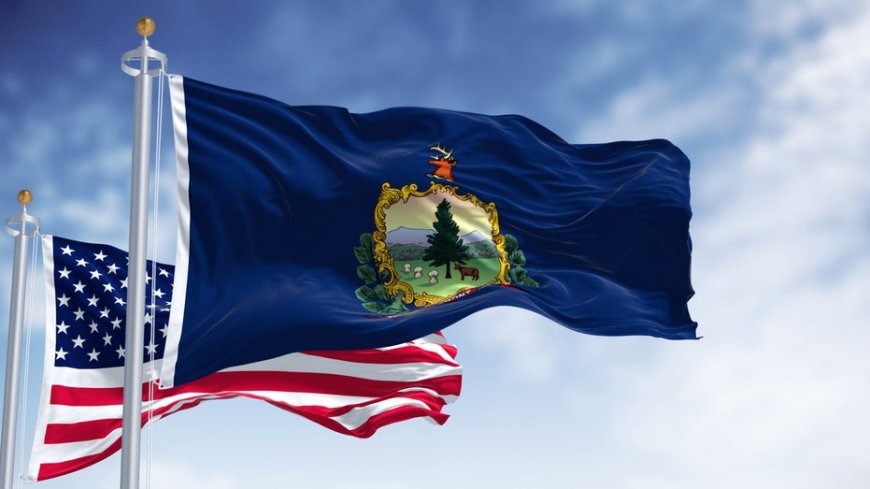Past and present Vermont laws that will shock you, including a hefty fine for painting a horse
Strange laws in Vermont have been around for ages. Some of its strangest laws are no more, like dying imitation butter pink, but others are still enforced, like billboard bans.

Dating back many years, states around the country have featured head-scratching laws.
Some strange laws circling the internet are nothing more than rumors and mysterious tales, while others are written into law.
In Vermont, strange laws of the past include one mandating that imitation butter be dyed pink. Weird laws still around include one banning billboards.
BIZARRE MINNESOTA LAWS, INCLUDING PENALTIES FOR DRIVING A FILTHY CAR, THAT WILL SHOCK YOU
Read more about strange Vermont laws below.
Billboard bans are not specific to Vermont, but they aren't widely present across the United States either.
There are four states that have a billboard ban: Vermont, Hawaii, Maine and Alaska.
Of these states, Vermont was the first to create the law, according to the Vermont Natural Resources Council website.
It was 1968 when the State Billboard Act was passed, according to the source.
The law restricts business signs located along a highway.
"No official business directional sign, on-premises sign, residential directional sign, or exempt sign may be erected or maintained, along a highway and visible from the highway, that: ‘interferes with, imitates or resembles any official traffic control sign, signal or device, or attempts or appears to attempt to direct the movement of traffic,’" according to the law.
The law has many intricacies within it.
Billboards that prevent "the driver of a motor vehicle from having a clear and unobstructed view of official traffic control signs and approaching or merging traffic" are not allowed, per the law.
BIZARRE NEW YORK LAWS INCLUDE RESTRICTIONS, PENALTIES FOR TAKING A SELFIE WITH A TIGER
Also included in the law is that billboards that include any form of light are prohibited by law, as well as those located on a tree.
There is a law in Vermont that details what could happen to those who paint or disguise a horse.
The fine for breaking this law is up to $500. Violators could also receive up to six months in jail time.
"A person who knowingly and designedly for the purpose of competing for a purse or premium offered by an agricultural society, corporation, or association within the State, enters or drives a horse or horse kind painted or disguised, or who for such purpose falsely and fraudulently represents a horse to be another from what it really is, or who for such purpose knowingly or designedly enters or drives a horse or horse kind in a class in which it is not entitled to be entered under the rules of such society, corporation, or association, shall be imprisoned not more than six months or fined not more than $500.00, or both," according to 13 V.S.A. § 2013, listed on the Vermont General Assembly website.
BIZARRE LAWS IN WASHINGTON, SUCH AS BEING CHARGED WITH RECKLESS
While this law is no longer one, there used to be a law in Vermont that required margarine or any other type of imitation butter and cheese to be dyed pink.
The law was passed by the General Assembly of the State of Vermont on Nov. 13, 1890, and was applicable to those who worked for dairy companies, as well as those who worked in hotels and restaurants.
"Whoever by himself, his agents or servants, shall sell, expose for sale, or have in his possession with intent to sell, any article or compound made in imitation of butter, and not wholly made from milk or cream and that is of any other color than pink, shall, for every package that he or they sell or expose for sale, be fined the sum of fifty dollars, and for each subsequent offense shall be fined the sum of one hundred dollars. Half of the fine shall go to the complainant," the law stated.
On May 23, 1898, the Supreme Court dismissed all pink dye mandates for imitation butter.












































